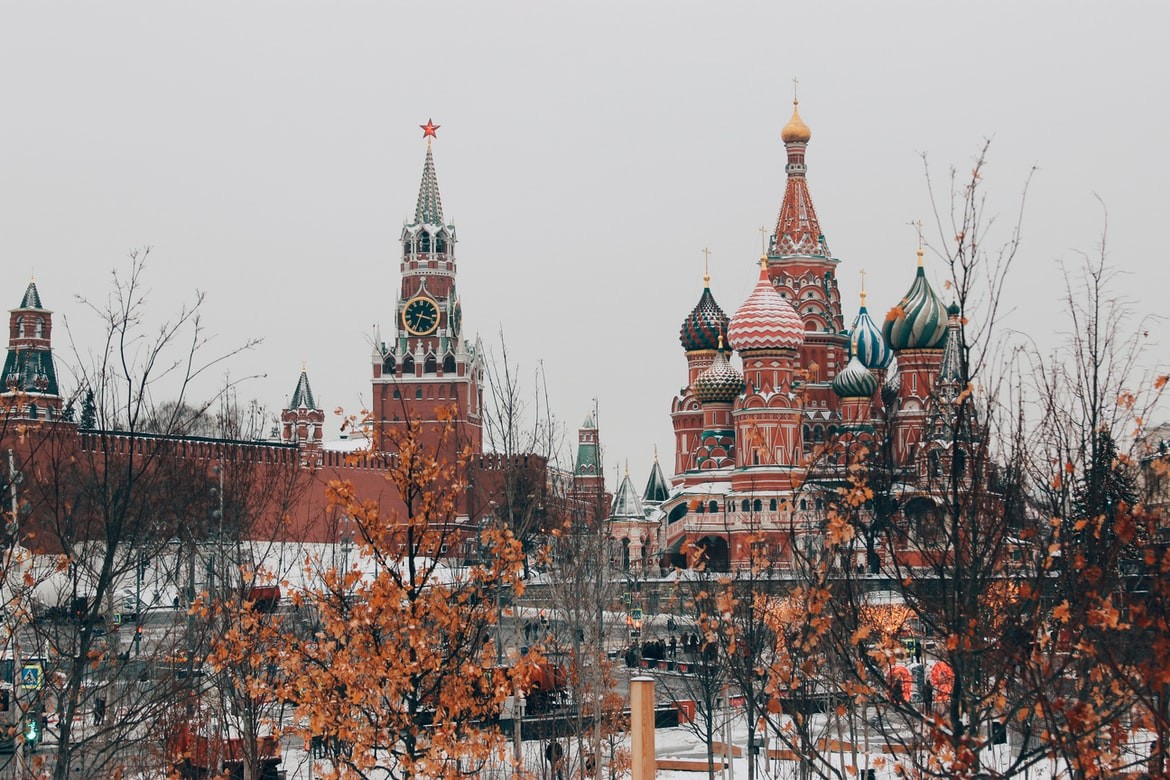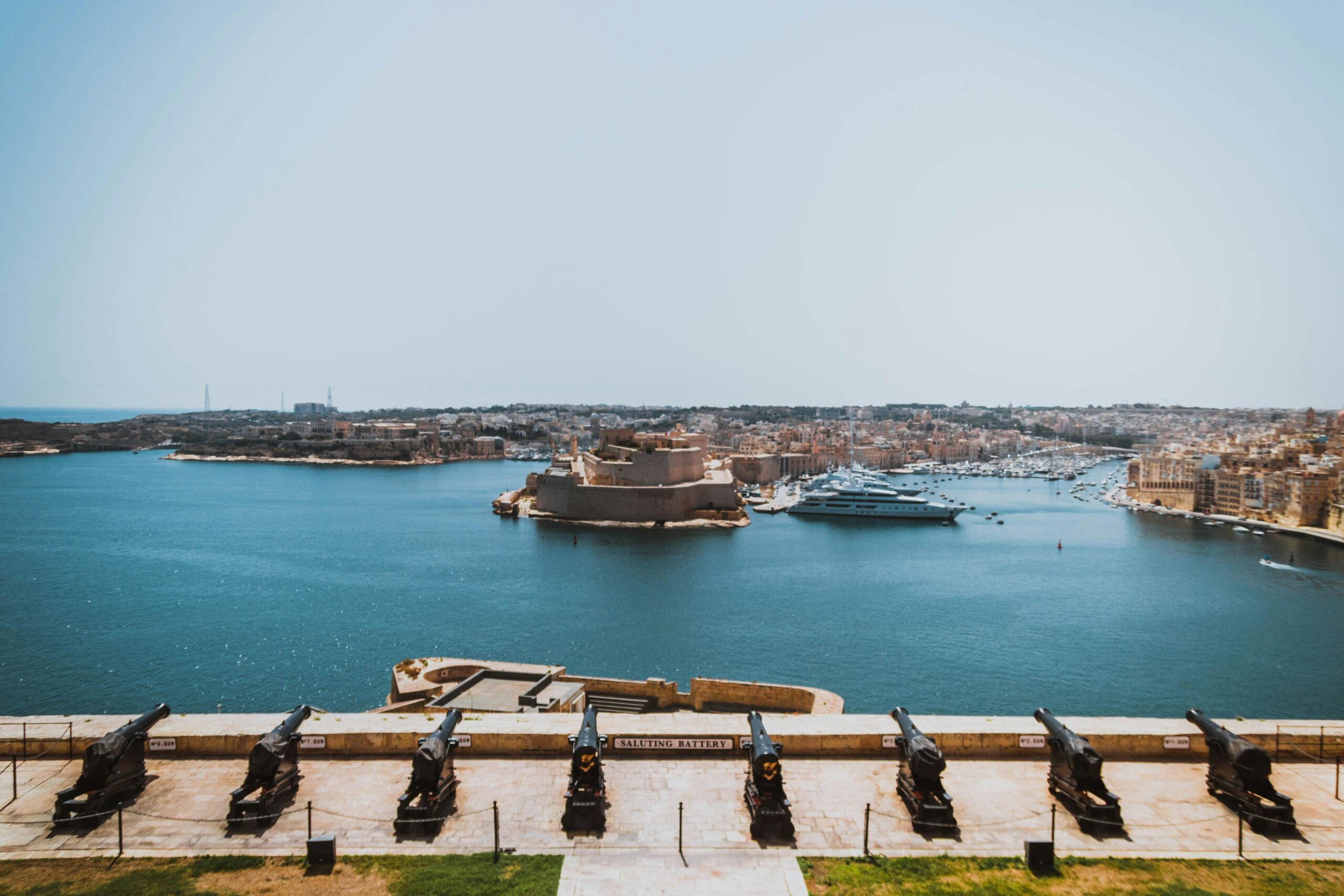Since Russia brought war back to Europe with its invasion of Ukraine in late February, the international community has introduced sweeping sanctions on leading individuals and firms in the country.
These sanctions aim to punish it and pressure a peaceful solution to the conflict, and in the process have brought the relationship between Russia and the Western world to a new post-Cold War low point.
They have included a prohibition of sending luxury goods to Russia from the UK and EU, a ban on the export of goods used by Russian firms by the UK, US and EU and the targeting of a number of wealthy Russian individuals close to the President for asset seizures and freezes.
Sitting down with BusinessNow.mt to shed light on what sanctions are, how they work and their potential impacts, is Cenk Kahraman, CEO of financial solutions firm Finance Incorporated Ltd.

What are sanctions?
There are three broad types of sanctions, Mr Kahraman explains, economic, diplomatic, and military.
While of differing severities, sanctions generally aim to bring a state, individual or entity in line with the standards or intentions of the international community, he says.
He provides an example: “Let’s say you have a dictatorial regime, abusing human rights. The international community could place sanctions on the state, or leading individuals in that country, to limit the powers of its ruling class, or inspire other individuals to exert pressure on them to change.”
The sanctions being imposed on Russia are due to its invasion of Ukraine, and the CEO shares that one particularly notable element is how coordinated and synchronised” they are, indicating the level of collaboration across different countries, including some historically notorious neutral states such as Switzerland.
Typically, Mr Kahraman says, sanctions are imposed by individual countries and entities, whereas this time, countries and their financial entities are working together to inflict maximum damage.
Additionally, he points out that the most recent round of sanctions facing Russia is more targeted than previous ones facing jurisdictions like Afghanistan, Iran and North Korea, which were previously particularly hard hit by sanctions.
Mr Kahraman expands that whereas at times an entire country is sanctionedsuch as North Korea, currently only leading Russian and Belarusian individuals, entities and a selected number of Banks were served with sanctions.
Who imposes sanctions?
A number of international bodies and entities are able to sanction individuals and entities, with different firms and financial institutions in different jurisdictions being required to comply with different sanctions.
Maltese entities are legally obliged to comply with Maltese, EU, and UN sanctions, for example.
Mr Kahraman’s Financial Institution however, also complies with the US sanctions released by the Office of Foreign Assets Control (OFAC), which is particularly prolific, and the UK sanctions released by the country’s treasury.
The OFAC in particular, is very active in tracking and seizing the assets and belongings of sanctioned individuals.
Sanctions from these entities have significant impacts on the way firms do business, even if they are not directly covered.
This is because most financial institutions in the world have to deal with a US, EU, or UK bank.
“Even if you’re a foreign bank, from Japan or Australia, for example, and you are engaging in US dollar transactions, the financial institution needs to check those making the transactions against sanctions lists,” the CEO explains.
“If banks accept clients on the sanctions lists, they could face severe fines, or the sanctioning body could just seize the involved assets.”
Examples of major international banks hit by fines over breaching OFAC sanctions include French giant BNP Paribas, which was fined just under $9 billion (€8.1 billion) in 2014, and Commerzbank AG, which was fined $1.45 billion (€1.32 billion) in 2015.
A bank does not necessarily need to engage in a transaction with a sanctioned entity or person to be fined, however, and Mr Kahraman adds that they can also be hit if they fail to show they are complying with sanction screening requirements such as in the case of supporting a transaction for the import or export of a sanctioned product (example “potash” which is a type of fertilizer widely exported by Belarus).
Russia’s sanctions
The sanctions that have so far been imposed against Russia target leading oligarchs close to Russian President Vladimir Putin, leading private and public companies, and members of the country’s Government and armed forces.
Mr Kahraman explains that sanctions on the Central Bank of Russia, for example, effectively seize the foreign assets of the Russian state.
“Let’s say they have $500 billion stashed somewhere. They cannot access it, and they are also unable to make purchases, borrow, import, or export goods, which is effectively like stalling the country’s entire financial machine.”
He warns that the full effects of the sanctions will only begin to be felt in the upcoming months, and that they have not yet hit in full, as firms and individuals still have capital reserves.
Impact on Malta
The CEO also discussed the impact that the sanctions would have in Malta, explaining that while his firm does not have clients in Russia, its clients based in Malta and other countries might struggle to send money to Russia and other institutions.
These clients would not be able to send funds to Russia or receive funds.
However, he warns, “to be sure to mitigate the Sanction exposure risk”, many banks have totally stopped doing business with Russia.
On the other hand, he clarifies that any Russian citizen legally residing in the EU will not face the main impact of the sanctions. This means they will be able to open accounts in the EU and receive and make payments with it, as long as they are not sending money to, from, or via Russian sanctioned entities.
Asked about the impact of complying with sanctions on Maltese firms, considering the possible resource drain on firms already struggling with increased compliance costs, the CEO states that the impact will be minimal.
He says this is because Maltese banks and financial institutions are already subject to stringent compliance demands, and that as such they already have all relevant automated processes in place.
In the case of Finance Incorporated Ltd, the firm is transacting 35,000-45,000 payments daily, with each being screened against sanctions lists with a combined total of 30 million names.
“A few thousand additional names,” he points out, “is not going to be a performance problem.”
Malta’s dramatic increase in cost of living: visualised
Price levels rising from 84 per cent to 93 per cent of the EU average
Malta’s contemporary Japanese restaurant Aki to launch in London this September
The London venue is a Grade II-listed former bank, a stone’s throw from Oxford Circus
Self-employed, employees and companies contribute €2.1 billion in 2023
Parliamentary data reveals five-year growth trends in fiscal contributions






